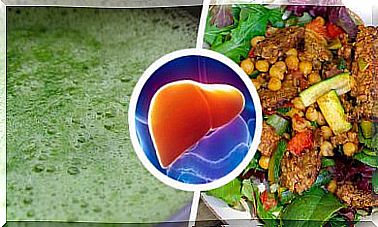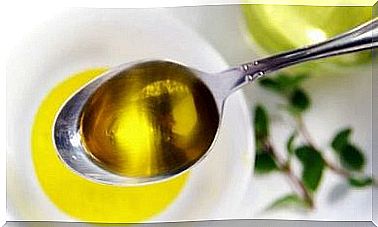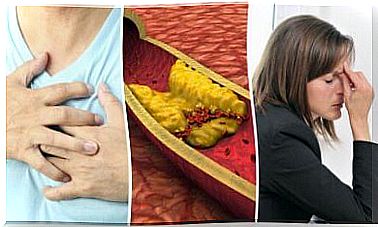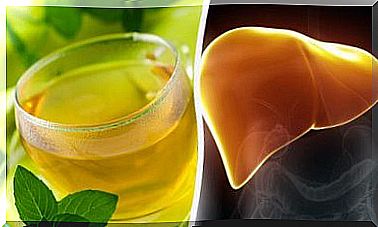What Is The Relationship Between Coffee And Heart Attacks?
There is a relationship between coffee consumption and heart attacks. But we always wonder if this link is positive or negative. It seems that the way the drink is prepared and consumed is the key to its effect on the heart.

Coffee consumption and heart attacks are linked, although scientific studies differ in their assessments. For some researchers, coffee increases cardiovascular risks, and for others, it is the other way around.
Among the most consumed drinks in the world, coffee occupies an important place. It is consumed almost everywhere on the planet and constitutes a habit which goes beyond the diet in itself. Indeed, coffee time is, most of the time, a space for meeting and discussion.
That is why it is interesting to know the effects of this drink on our health. There are so many consumers that, if a real risk to life is detected, strict measures should be taken.
In general, bad press links cardiovascular risk factors to caffeine. In addition, it is not uncommon for patients who have suffered a heart attack to stop coffee on their own, without medical advice.
Speaking of coffee consumption and heart attacks, it was previously established that caffeine was the substance to be studied. This brought up other drinks that also contain it, such as certain energy drinks. However, a Swedish scientific study has shown that coffee as such is a problem depending on the way it is brewed. And not just because of the caffeine.
How to consume coffee and cardiovascular risks
A group of researchers from the University of Gothenburg studied the differences between the cardiac effects of various ways of brewing coffee. It is interesting to see how each modality affects the mortality of the groups studied.
According to this study, the filter is the main determinant of the relationship between coffee consumption and heart attacks. When coffee is filtered, substances with unwanted effects are prevented from reaching the body.
These substances are able to increase LDL cholesterol values, increase heart rate and alter heart rate. All three conditions are negative for the arteries and the heart. It is even worse if the person in question has other factors of concern such as obesity, or a high-risk condition such as diabetes.
According to these Swedish researchers, when coffee is not filtered, 30 times more toxic substances pass into the body. This difference can be significant in terms of health.

Coffee and heart attacks: A study with opposing views
Moreover, unlike this Swedish study, there are meta-analyzes which recommend the use of coffee as a protector of the heart, rather than as a risk factor. It was indeed part of the cardiology advice for the past ten years.
A meta-analysis published in the Journal of the American College of Cardiology found no association between coffee consumption and heart attacks. On the contrary, the effects that came out of the research speak of a benefit.
Among the subjects tested, if they drank up to 4 cups of coffee per day, the risk of dying sooner was less than 18%. In conclusion, regular and moderate coffee drinkers had a higher survival rate.
The explanation could lie in the antioxidants in coffee which are ingested along with caffeine. These substances are important for cellular aging because they block the internal toxins that humans produce by simply living.
The cortisol problem: coffee consumption and heart attacks

Caffeine is a substance that increases the production of cortisol in the body. The Cortisol is known as the stress hormone because the human being releases to increase its reaction to warning and defense.
However, with excess cortisol, the heart rate increases and blood pressure rises slightly. These two conditions are not desirable for a heart patient, nor for a person at high cardiovascular risk.
Regular consumers get used to these slightly higher cortisol levels . The increase in blood pressure is not significant and it does not seem to make the heart beat faster. Either way, those who are wary of this drink and its cardiac effects avoid it for these reasons.
It’s not yet clear whether coffee consumption promotes heart attacks due to cortisol, but research continues. Controlling the levels of this hormone is one of the therapeutic hopes in the face of high blood pressure, for example.
Should we consume coffee?
Finally, we can drink coffee if we like it. As with anything in life, moderation will be a way to prevent possible side effects.
It is important to understand that drinking coffee alone cannot lead to heart attacks. Other aspects such as diet and exercise are also involved in the cardiovascular risk equation. It’s healthy habits that ultimately heal us.









